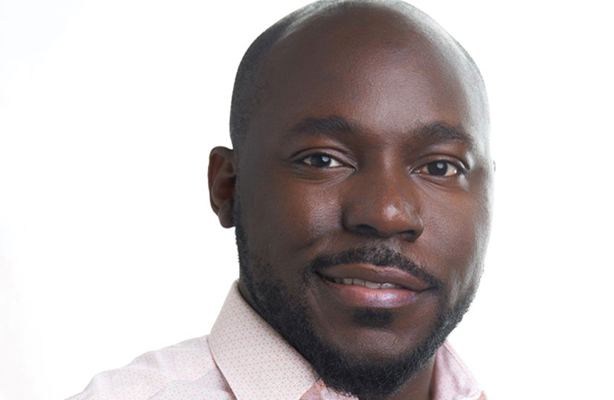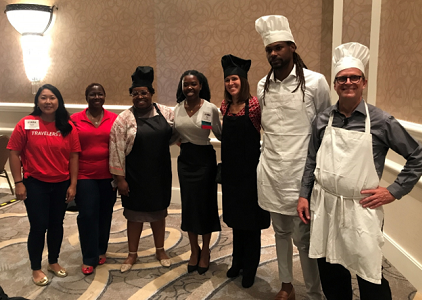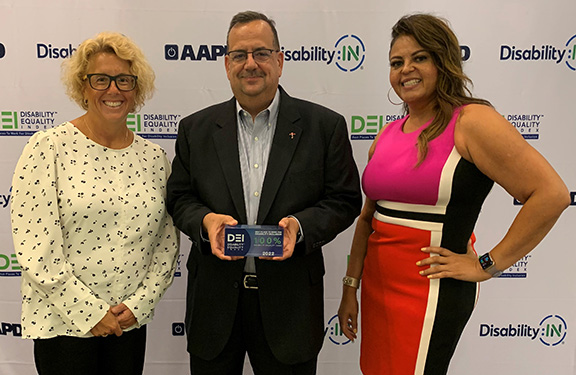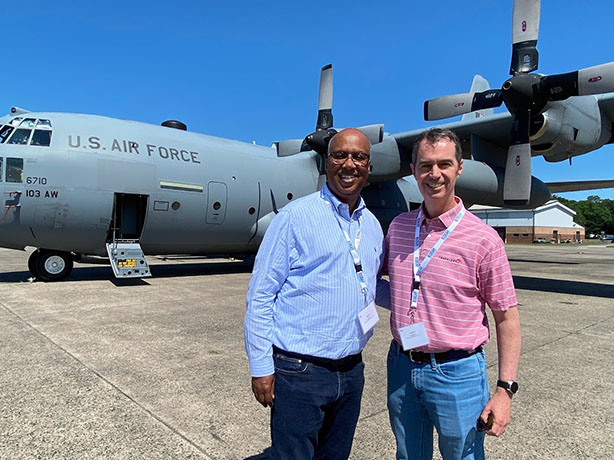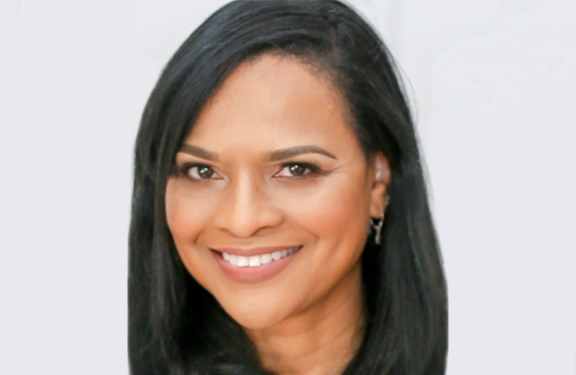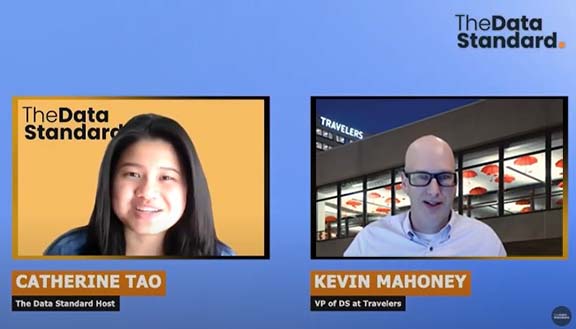My Travelers Journey – Didier B.
Didier began his career at Travelers as a Software Developer, and with the development and education resources he was offered, he was able to grow into the Data Engineer role he occupies today. He says, "If you want to develop people skills, become certified in applications, learn new coding languages, there are so many classes and resources for you to advance." Read more about Didier's career journey.

